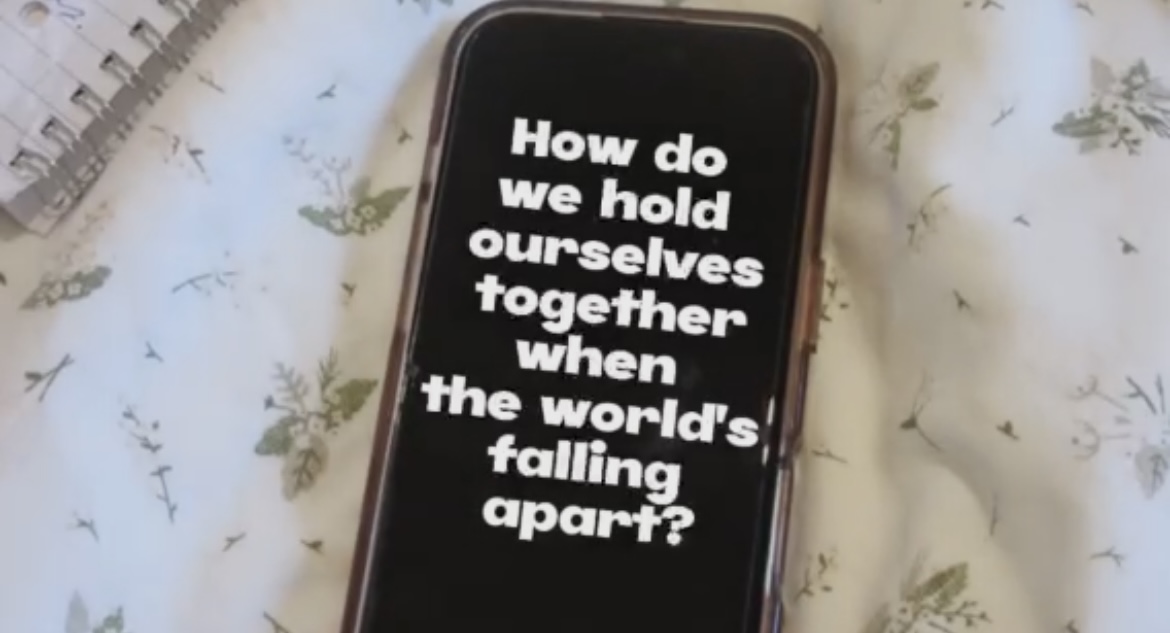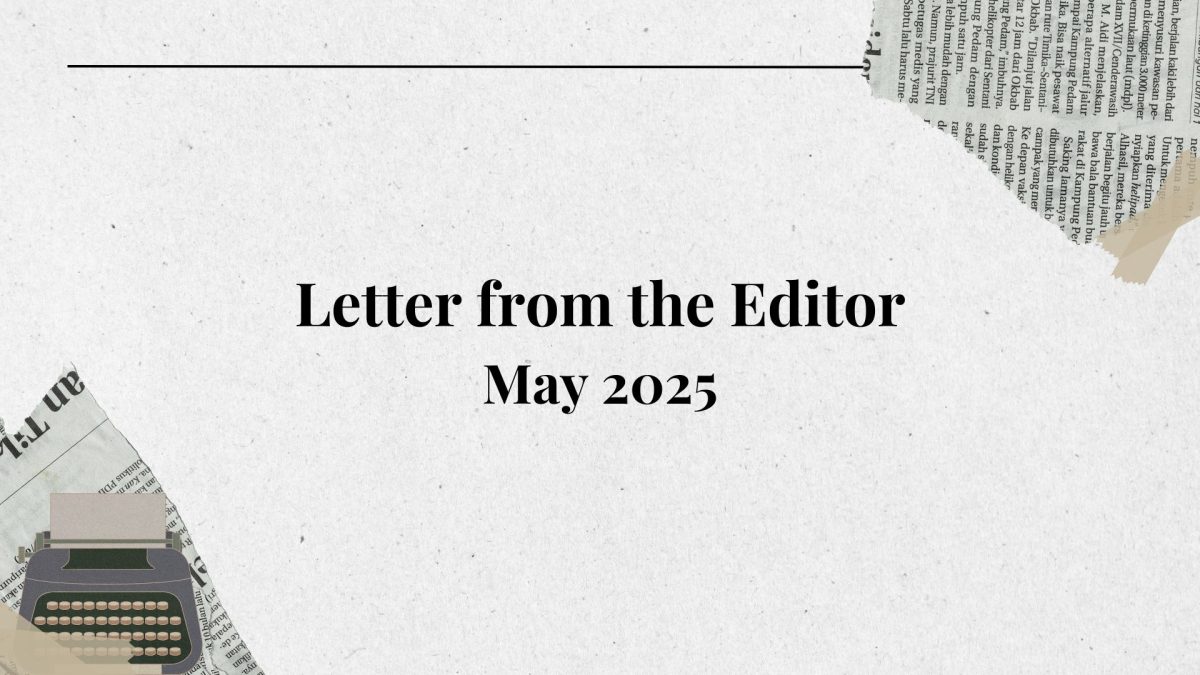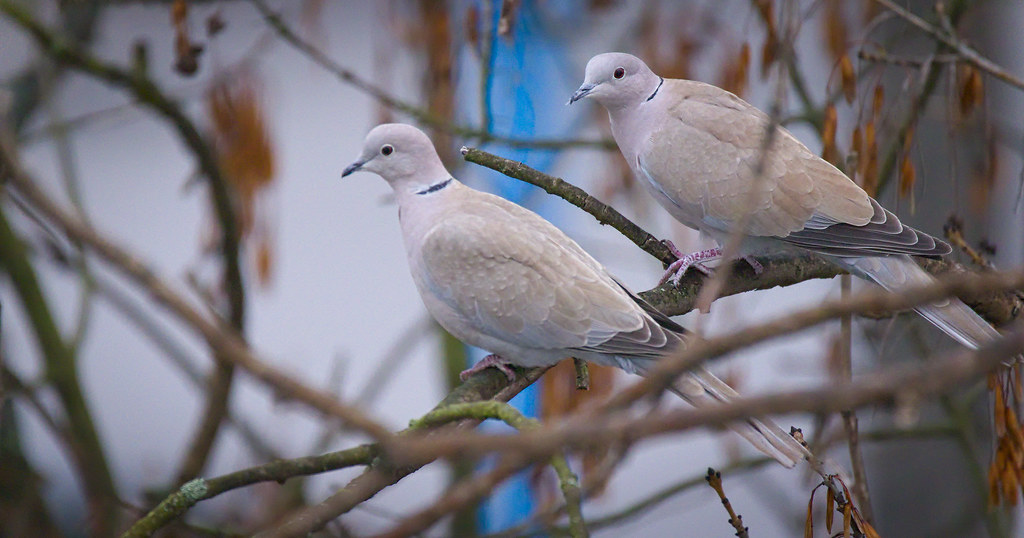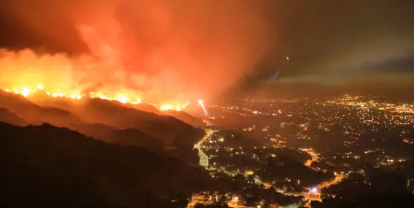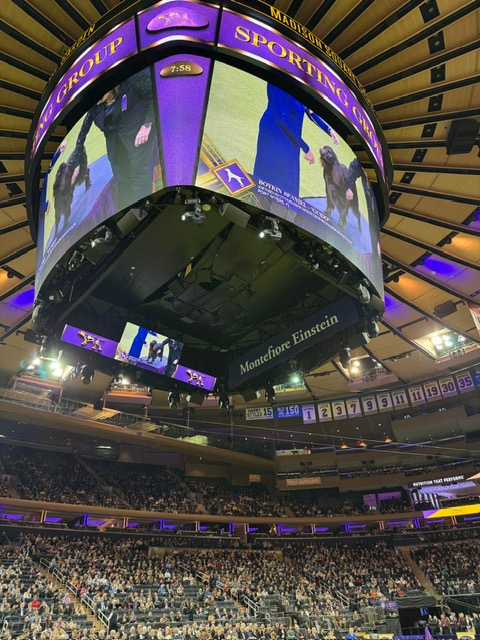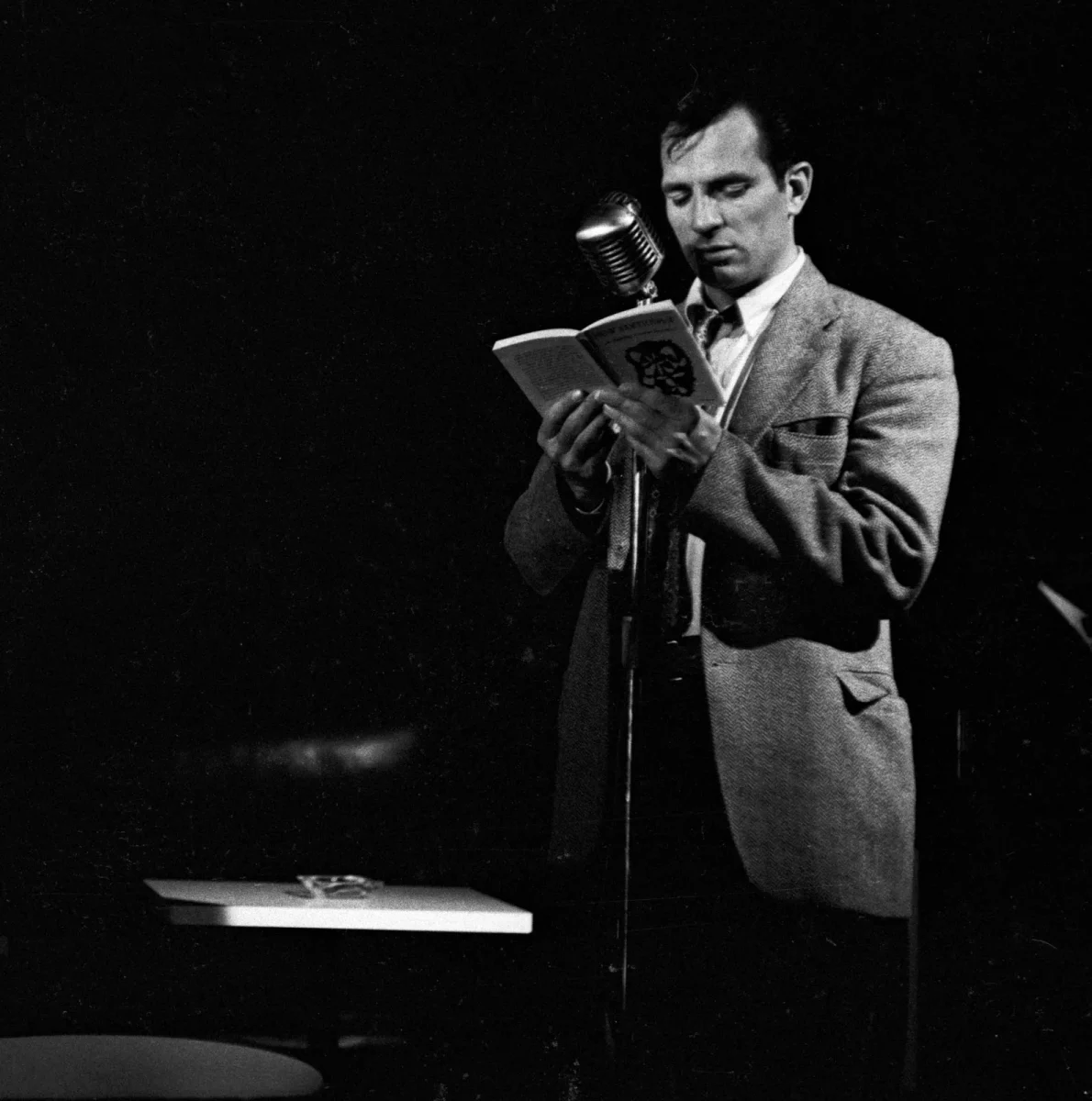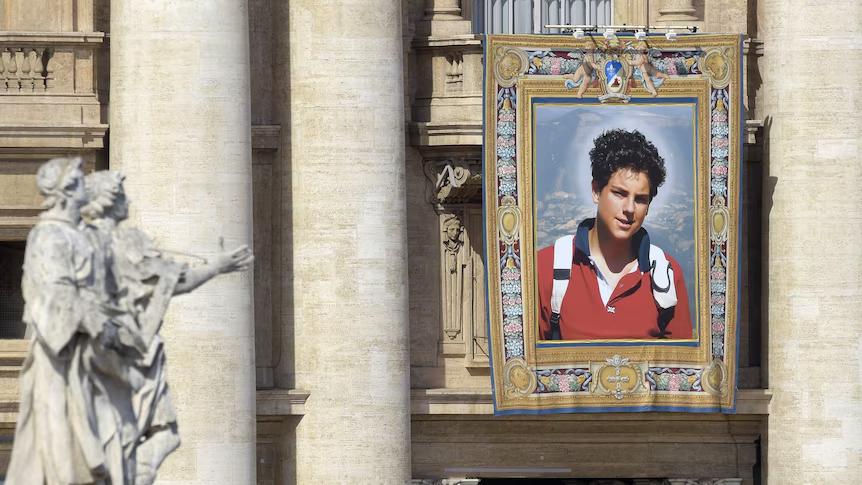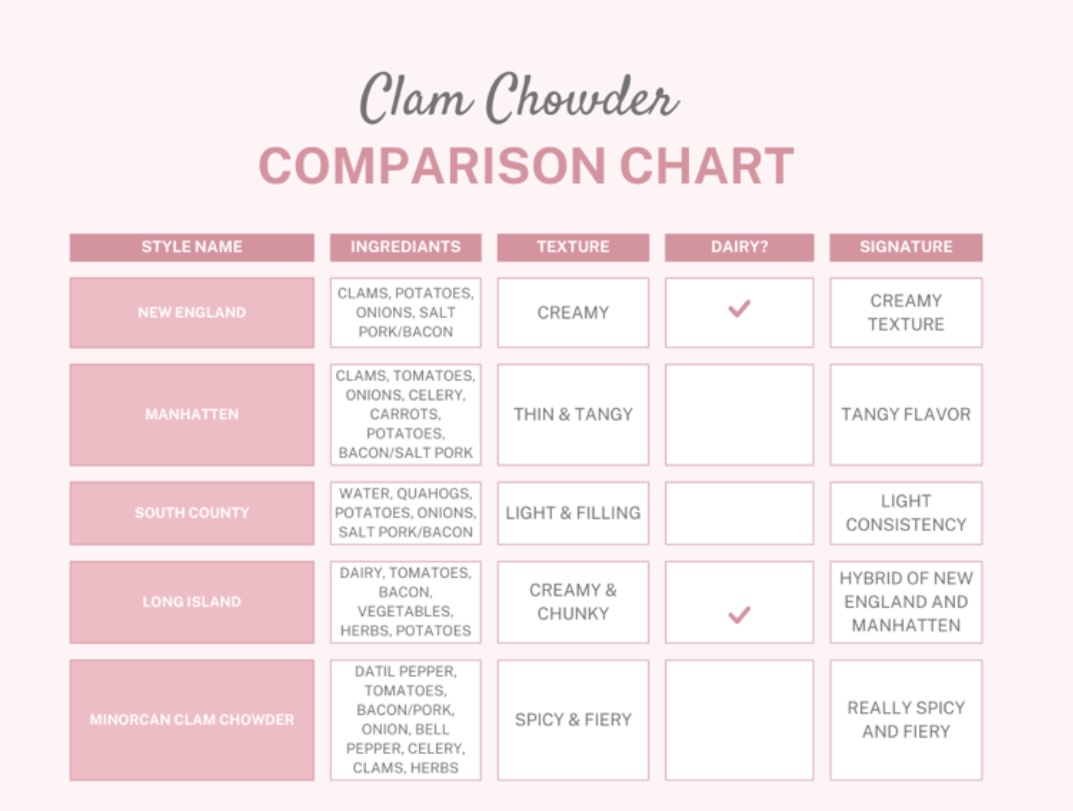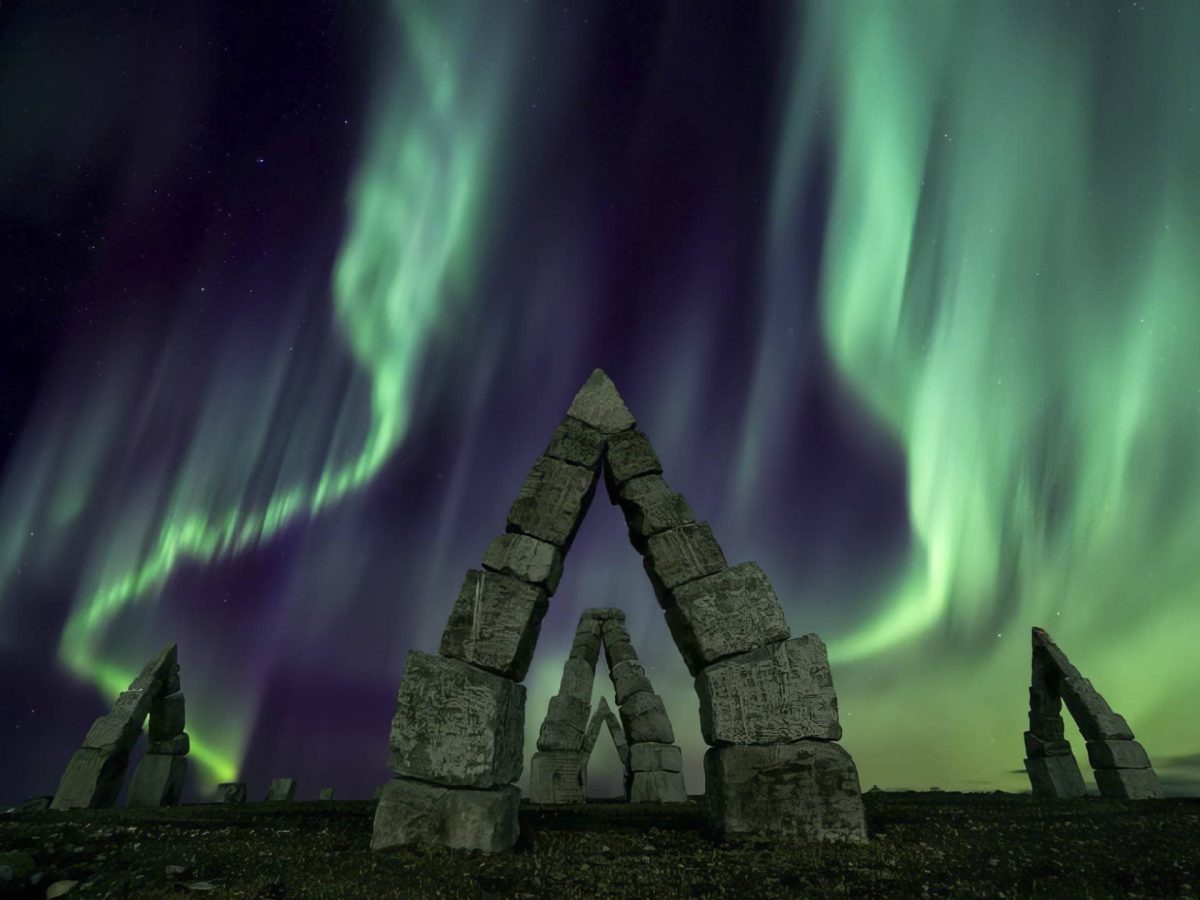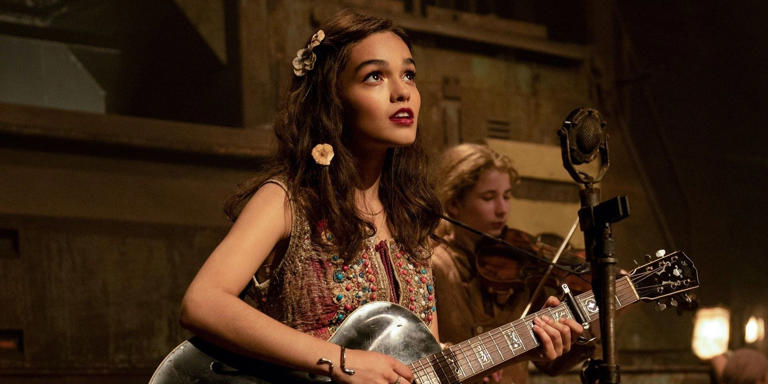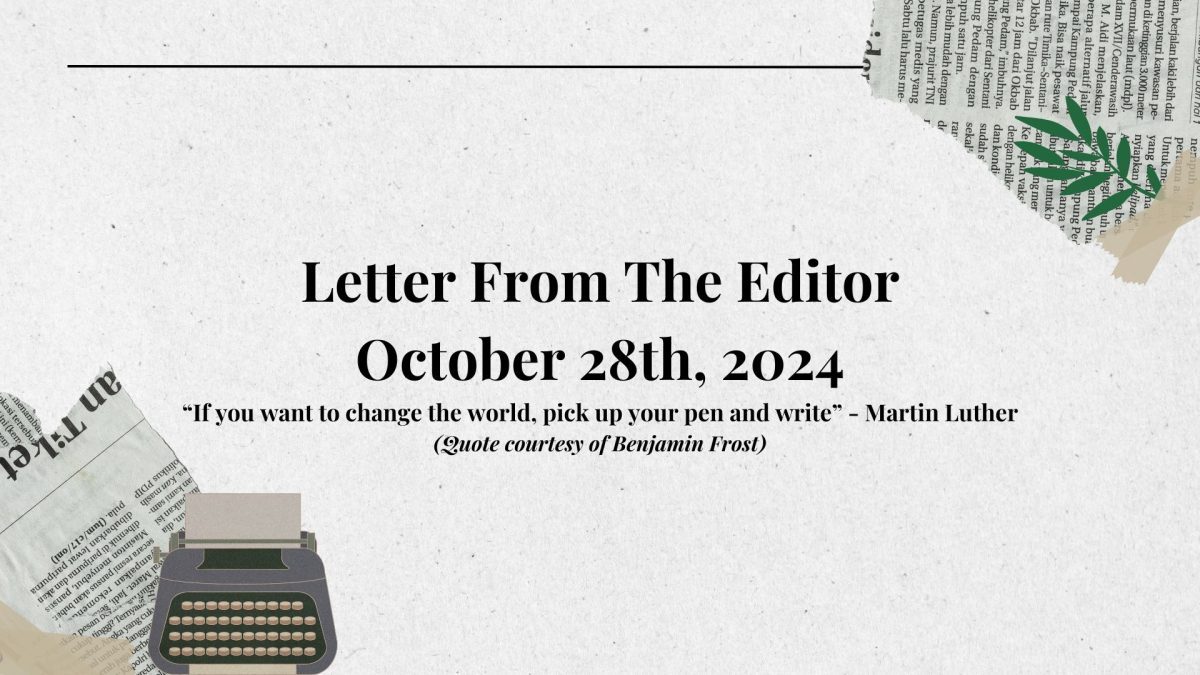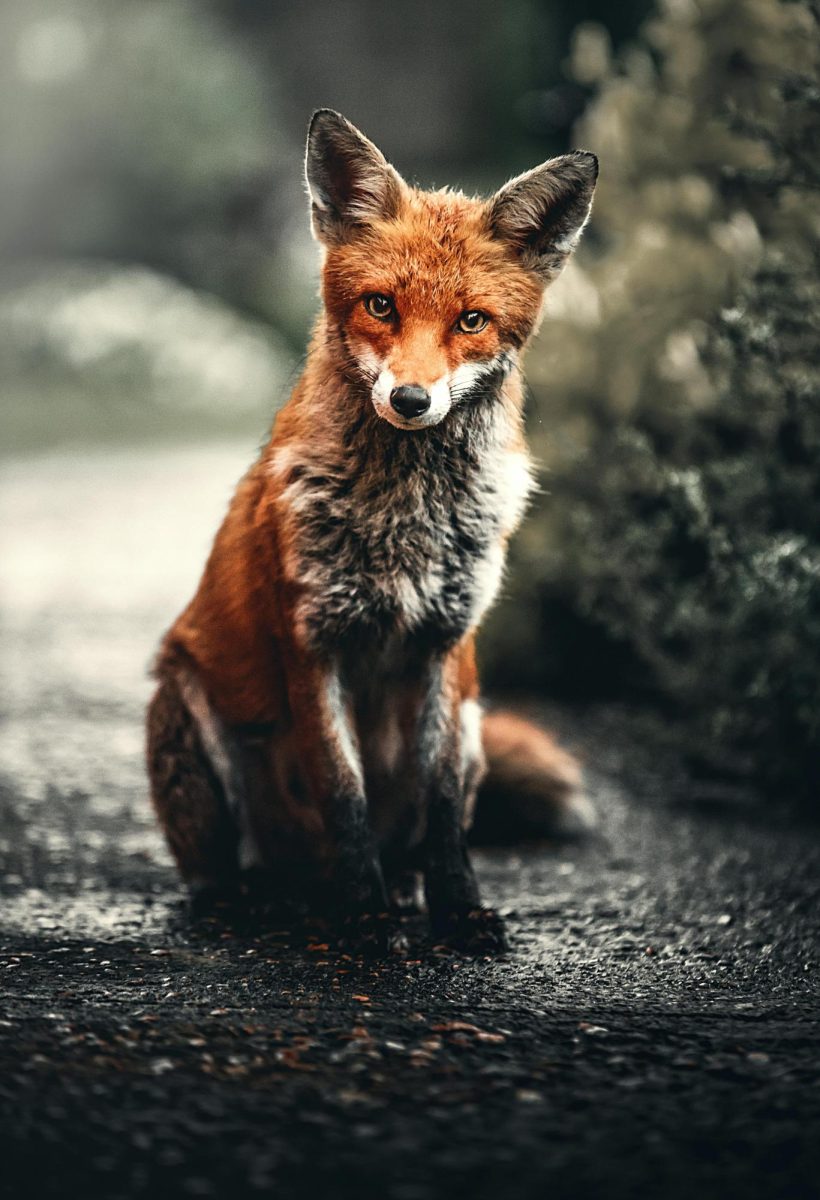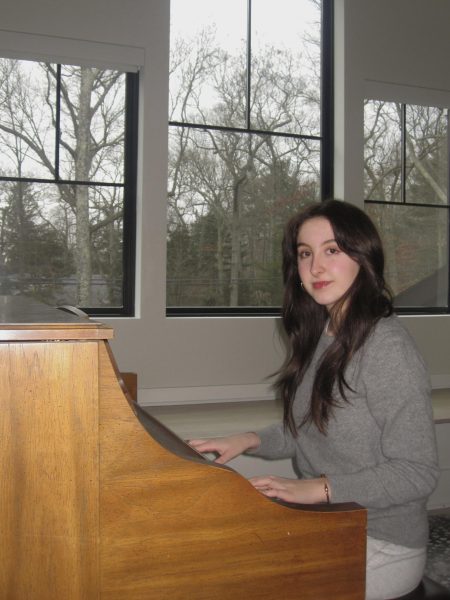The chairman of the Tourtured Poets Department required our presence on April 19th at midnight sharp to listen to, dissect, and experience a new anthology of works that meditate on the events, sentiments, and opinions of Taylor Swift herself. Withholding a simultaneous sense of melancholy and ecstasy, the new album features lyrics that are both sharp as a dagger and soft as a cloud. But, if one aspect of Swift’s records makes them stand out amongst a crowded music industry, it’s her storytelling.
One track that stood out to me in terms of narrative was the final track, “Clara Bow”.
It opens with the line “You look like Clara Bow / In this light, remarkable”, immediately introducing the main focus of the song. During the most outrageously flamboyant era of Hollywood, Clara Bow rose to fame as the first “It Girl” in the 1920s due to her work in silent films. Bow was defined not only by her glitz, glamour, and extravagant nature, which were so favored in the Roaring Twenties, but the emotional vulnerability in her acting. The actress’ story has some shocking parallels to the struggles Taylor has found in navigating stardom. These struggles encapsulate the leitmotif of the song, as it explores being a young woman in the limelight.
In 1929, Bow seamlessly transitioned into films that included sound, or “talkies”, which was a feat not many silent film stars accomplished. This shift in industry norms can be compared to Swift’s ability to keep up with a rapidly changing music industry, from her beginnings in country to the genre-bending artist she is today.
The public scrutinization of Clara Bow’s romantic life and the publishing of false gossip caused a psychological break, forcing her husband to institutionalize her. Following her admission into psychiatric care, where she was diagnosed with schizophrenia and endured electric shock therapy, her film career never continued due to Bow’s self-isolation.
A negative perception from the public eye on the basis of personal life, and isolation in response to it is something Taylor Swift knows all too well. The chorus details what Swift heard upon making it into the industry: “This town is fake, but you’re the real thing / Breath of fresh air through smoke rings” This reassurance of exceptionality and the idea of being above average is something Taylor, and many artists, thrived on at the beginning of their careers. It continues: “Take the glory, give everything / Promise to be dazzling”, which describes the encouragement of sacrifice for fame, and the false picture of perfection in a promise to be dazzling under any circumstances. This chorus is masterfully done and artistically describes the “Forget your troubles, get on stage and make the audience clap for you” idealogy that was drilled into Swift from the genesis of her career.
The next verse opens with “You look like Stevie Nicks / In 75’, the hair and lips”, which continues the theme of “It Girls” who experienced hardship due to fame. The “Gold Dust Woman” also experienced the exposure of her relationships and personal struggles through the media.
Taylor Swift is more skilled at building bridges than a civil engineer, and “Clara Bow” ‘s bridge certainly proves that. “Beauty is a beast that roars down on all fours/ Demanding more / Only when your girlish glow flickers just so / Do they let you know / It’s hell on earth to be heavenly / Them’s the breaks, they don’t come gently”
This section contemplates the toll the demand of flawlessness takes on performers, and when it begins to fade, the demise doesn’t come gently.
The outro is, in my opinion, the best part of the song. This verse is the first time Swift has ever said her own name in her work, and anticipates the continuation of a cycle: it girl rises, and it girl falls. The line is heard from the perspective of
a new artist being compared to a waning star: “You look like Taylor Swift / In this light, we’re loving it / You’ve got edge, she never did / The future’s bright, dazzling.”
This line is devastating coming from Swift’s pen, and I believe it ties this tune up perfectly with a “Bow”.



